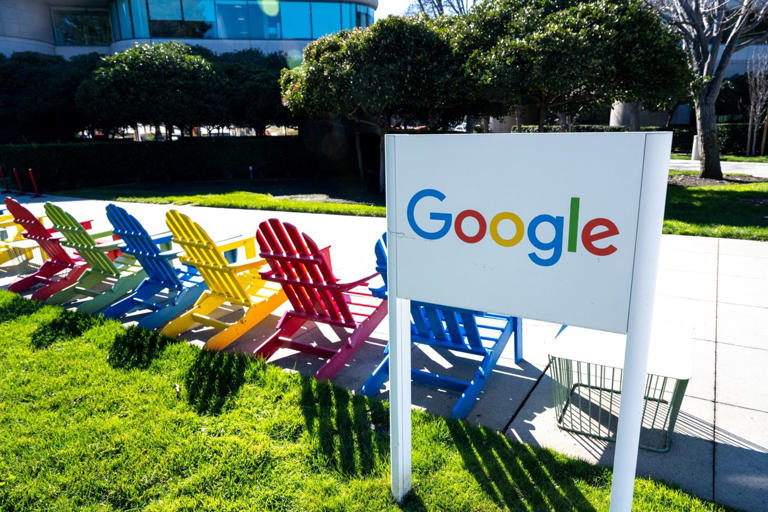The tech industry’s titans, including Apple, Amazon, Microsoft, and the parent companies of Google and Facebook, are facing a novel quandary: an unprecedented surplus of financial resources. With a collective cash reserve exceeding $570 billion in cash, short-term, and long-term investments, these companies loom large over their nonfinancial counterparts on the S&P 500 index. This financial windfall is largely a testament to their business models, which thrive on selling widely-used products and services while avoiding the substantial fixed costs typical of other industries.
However, this abundance of capital presents a unique challenge: finding fruitful avenues for its deployment. Over the past couple of years, regulatory scrutiny of Big Tech has intensified, with regulators globally aiming to curb the industry’s dominance and prevent further expansion. Consequently, tech giants such as Amazon, Adobe, and Intel have encountered obstacles in their acquisition attempts, facing resistance from regulatory authorities. Even successful deals, like Microsoft’s acquisition of Activision Blizzard, have been protracted and costly, requiring extensive lobbying efforts and enduring approval processes.
Despite these hurdles, some tech companies are exploring potential acquisition opportunities to deploy their excess cash. Google, for instance, is reportedly contemplating a bid for HubSpot, a cloud-based software provider specializing in email marketing and advertising-related functions. Such a deal, estimated to exceed $40 billion, would mark a significant departure from Google’s past acquisition strategy and could face considerable antitrust scrutiny due to concerns about the company’s already formidable advertising empire.
Nevertheless, Google’s substantial cash reserves, totaling nearly $98 billion net of debt, provide it with ample financial firepower compared to its competitors. Buoyed by Microsoft’s recent success in clearing regulatory hurdles for its Activision purchase, Google appears emboldened to pursue bold initiatives. However, the potential acquisition of HubSpot faces skepticism from analysts, who question its strategic rationale and anticipate formidable antitrust challenges.
Amidst these deliberations, Google remains committed to responsible decision-making, balancing boldness with prudence. However, the path forward is fraught with uncertainties and obstacles, as evidenced by the market’s reaction to rumors of the proposed HubSpot deal. While there are various ways to deploy excess capital, including share buybacks and dividends, each option comes with its own set of considerations and potential implications for the company’s long-term growth and competitiveness.
In essence, managing surplus capital presents tech giants like Google with a delicate balancing act, requiring careful assessment of risks, regulatory considerations, and strategic imperatives. As they navigate this challenging landscape, these companies must tread cautiously, weighing the allure of bold acquisitions against the realities of regulatory scrutiny and market dynamics. Ultimately, the decisions they make will shape not only their own trajectories but also the broader landscape of the tech industry.
